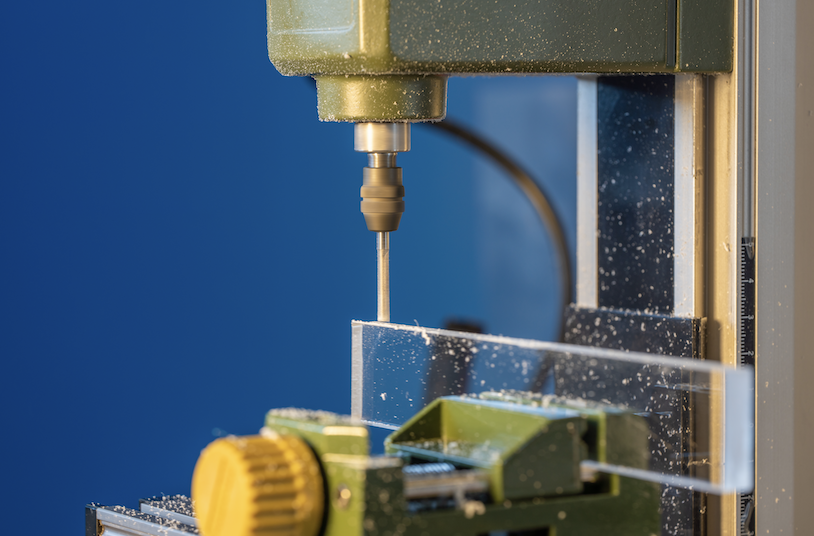Understanding Plastic Fabrication: Processes, Techniques, and Applications

Plastic fabrication is the process of constructing plastic products using various manufacturing processes. This industry plays a crucial role in multiple sectors, including medical Plastic Fabrication and construction. In this article, we will explore the key aspects of plastic fabrication, covering its methods, industries it serves, and benefits.
Types of Plastic Fabrication
There are several widely used methods for fabricating plastic, each designed for specific end products. These include:
- Thermoforming: Softening plastic sheets to form specific shapes.
- Injection Molding: Forcing molten plastic into a cast to create custom parts.
- Blow Molding: A process used for lightweight plastic products, such as bottles.
- Extrusion: Shaping plastic by pressing it through a die.
- CNC Machining: Shaping plastic with automated machines.
Applications of Plastic Fabrication
Plastic fabrication is used in a variety of industries, including:
- Medical: Production of surgical tools.
- Automotive: Fabricating lightweight, durable vehicle parts.
- Electronics: Constructing casings, circuit boards, and insulation materials.
- Packaging: Developing protective covers for consumer goods.
- Construction: Fabricating PVC pipes, insulation panels, and structural components.
The Benefits of Plastic Fabrication
There are several notable benefits to plastic fabrication, including:
- Cost-Effectiveness: Lower material and production costs.
- Durability: Able to withstand chemicals.
- Flexibility: Easily molded into various shapes and sizes.
- Lightweight: Great for aerospace applications.
- Recyclability: Eco-conscious material options.
Final Thoughts
Plastic fabrication is a versatile process that drives innovation across many industries. With developments in materials, the potential of plastic fabrication continues to grow. Whether in healthcare, the impact of plastic fabrication remains crucial.